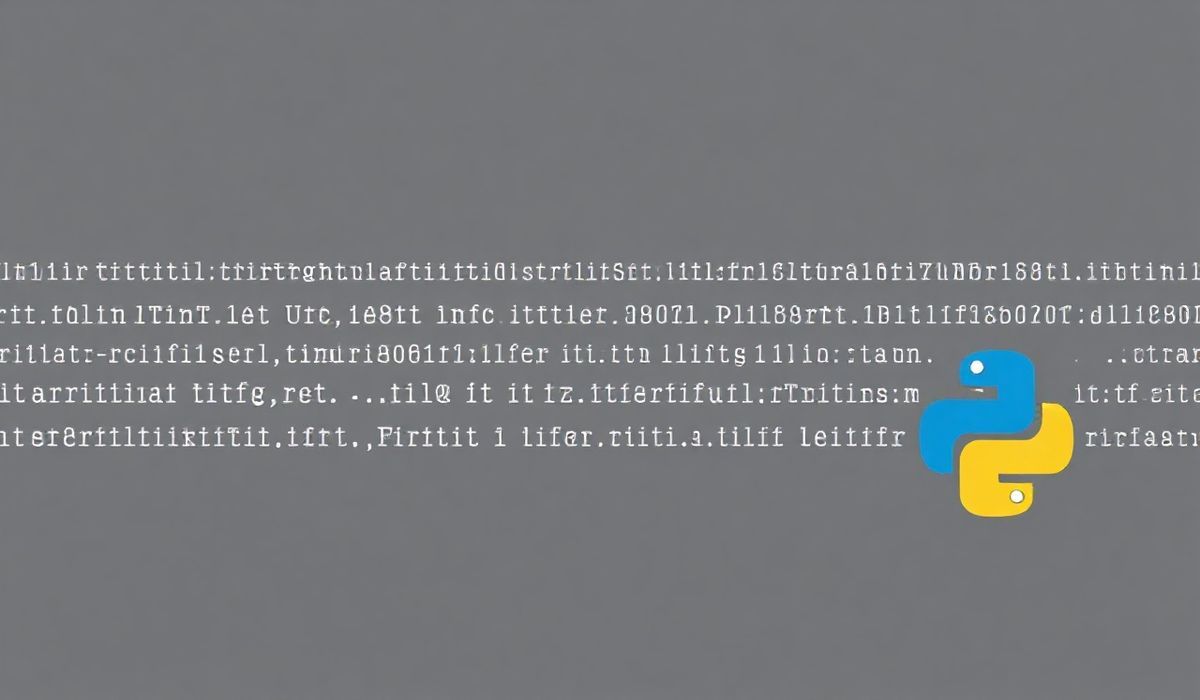Introduction to isb-logger
In this blog post, we’ll explore isb-logger, a powerful and versatile logging library for Python developers. Logging is essential for debugging and monitoring applications, and isb-logger provides a comprehensive set of features to make logging easy and effective.
Getting Started
To start using isb-logger, you first need to install it:
pip install isb-logger
Basic Configuration
Here’s a simple example of how to configure isb-logger:
import isb_logger as logger
logger.setup_logger('example_logger', level='INFO') log = logger.get_logger('example_logger')
log.info('This is an info message') log.warning('This is a warning message') log.error('This is an error message')
Advanced Configuration
isb-logger supports advanced configurations such as formatting and output file configuration:
import isb_logger as logger
config = {
'version': 1,
'formatters': {
'simple': {
'format': '%(asctime)s - %(name)s - %(levelname)s - %(message)s'
}
},
'handlers': {
'console': {
'class': 'logging.StreamHandler',
'formatter': 'simple'
},
'file': {
'class': 'logging.FileHandler',
'filename': 'app.log',
'formatter': 'simple'
}
},
'loggers': {
'example_logger': {
'handlers': ['console', 'file'],
'level': 'DEBUG'
}
}
}
logger.setup_from_dict(config) log = logger.get_logger('example_logger')
log.debug('This is a debug message') log.info('This is an info message') log.warning('This is a warning message') log.error('This is an error message') log.critical('This is a critical message')
API Examples
isb-logger comes with a wide range of API functions to provide thorough logging capabilities. Below are some useful API examples:
Custom Levels
log.log(25, 'This is a custom log level message')
Logging Exceptions
try:
1 / 0
except ZeroDivisionError:
log.exception('An exception occurred')
Contexts
with logger.log_section(log, 'Important section'):
log.info('Inside the important section')
Example Application
Let’s integrate what we’ve learned into a simple application:
import isb_logger as logger
def main():
logger.setup_logger('example_app', level='INFO')
log = logger.get_logger('example_app')
log.info('Starting the application')
try:
result = 10 / 0
except ZeroDivisionError:
log.exception('An error occurred')
log.info('Ending the application')
if __name__ == '__main__':
main()
In this example, we configured the logger, started the logging, and handled an exception properly by logging the error details.
By mastering isb-logger, you can efficiently log messages of various severity levels and handle exceptions gracefully in your Python applications.
Hash: bb93de726604513ab982f5541d27ed932e9b2fd690064e8093763d2b4b55542d




